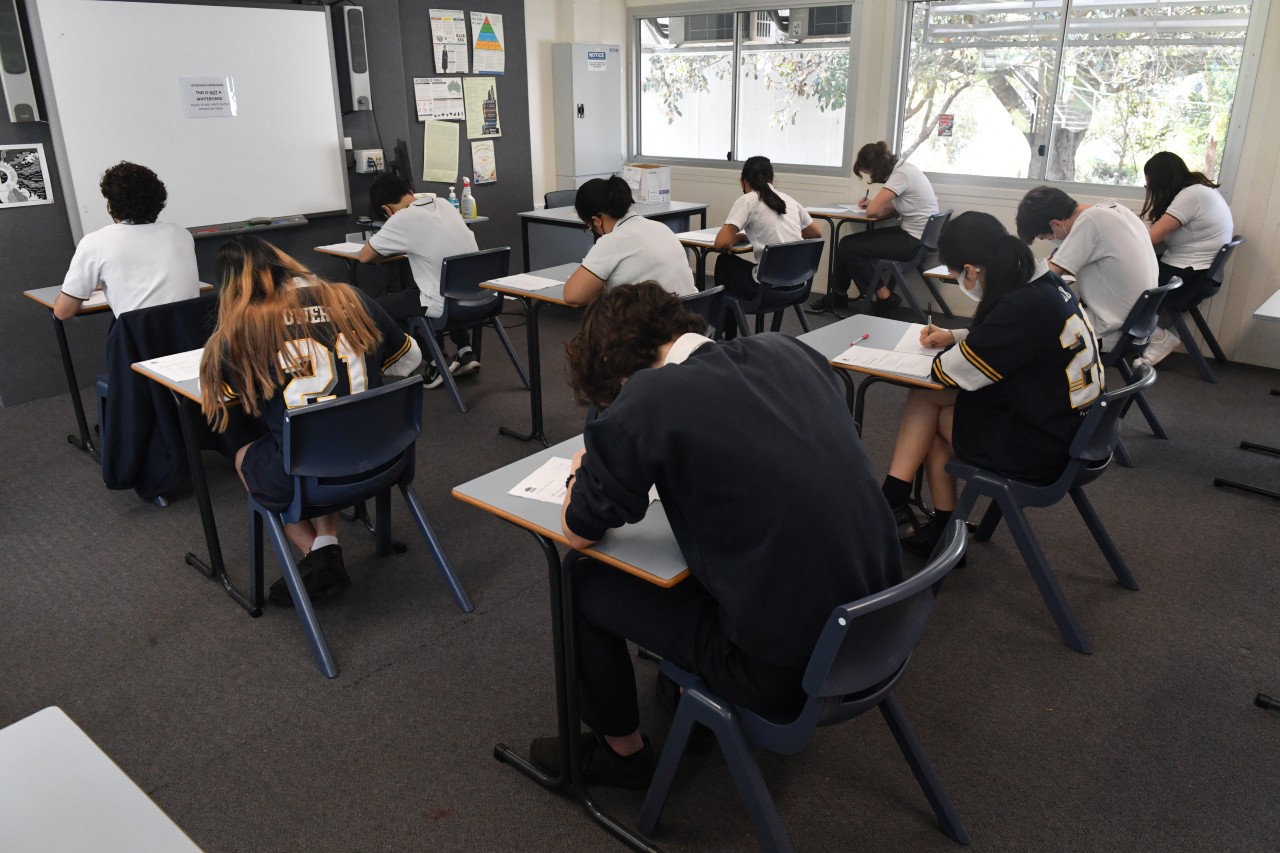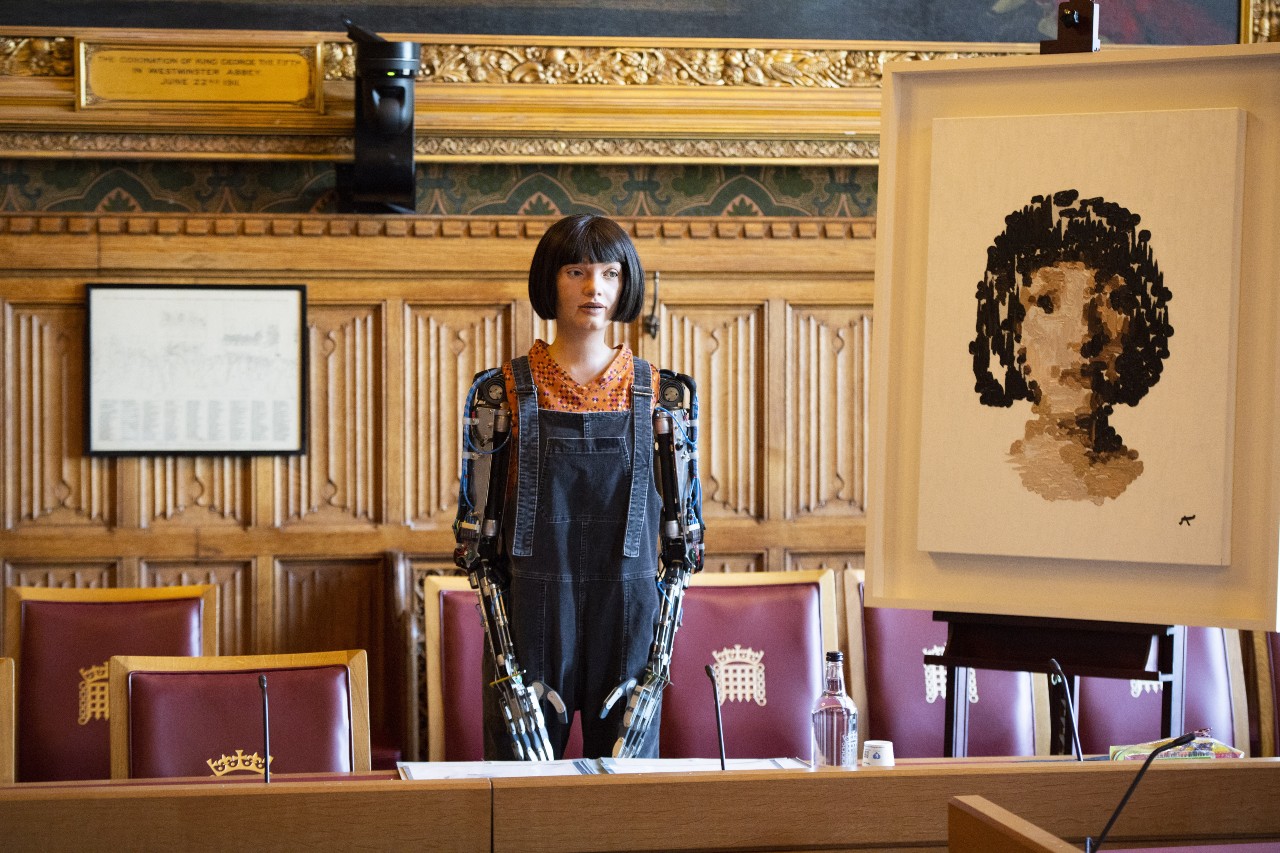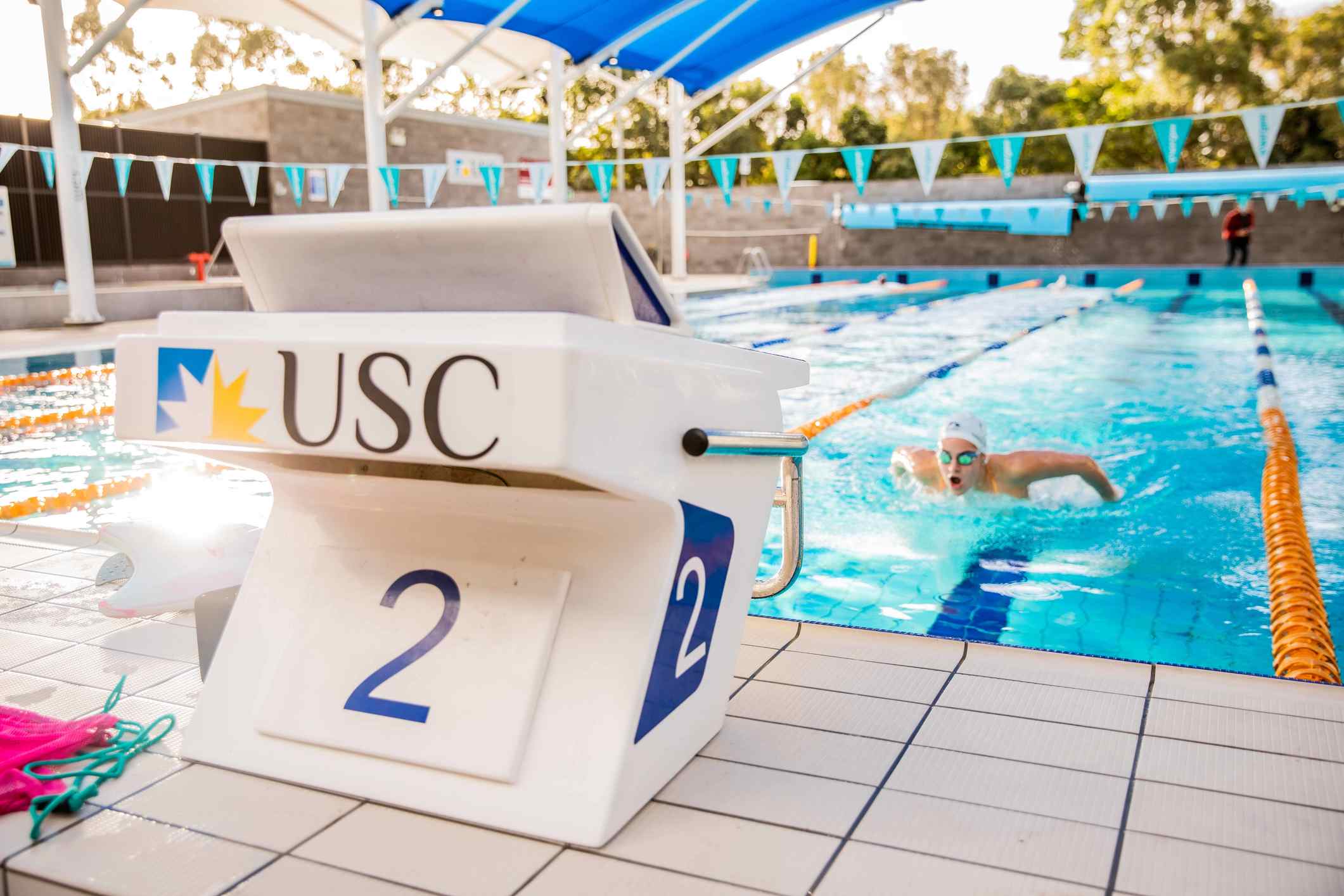Year 12 students sitting their final exams are daydreaming of a host of career paths their parents probably never heard of, let alone contemplated.
They don’t have to ask “where to next?” because they already have it all figured out.
Those wanting to continue study at tertiary institutions might still be awaiting their Australian Tertiary Admissions Rank. But many have been passionate about and committed to their chosen careers for some time.
A Queensland Curriculum and Assessment Authority spokesman said about 52,700 Queensland students would graduate from Year 12 in November, with about 3100 of those on the Sunshine Coast.
Their final day is November 18, when most will walk through their school gates for a final time, having secured their Queensland Certificate of Education (QCE).

Among those students fairly certain of their next moves are Kawana Waters State College school leaders: Alex Stephenson – engineering, specialising in the medical field; Ash Tanner – aviation; Joshua Burdett – medicine; and Ruby Goodwin-Newberry – arts/science.
Similarly, the 141 students in the Matthew Flinders 2022 Senior cohort have apprenticeships, Defence Force careers and gap years all mapped out, while others are considering studying health (from medicine and nursing to sonography), business, engineering, science and some creative industries (design, architecture and film).
With thousands of courses offered throughout Australia, not to mention overseas, other teenagers could be forgiven for feeling overwhelmed about picking the right one for them and choosing between studying at a commutable distance from home or living in a new city.
Hedging bets with a generic, one-size-fits-all course may not be the answer, either. Even with a degree after a few years, you might be up against thousands of other similar graduates in a highly competitive jobs market.
Finding a career path with long-term employability due to industry growth (rather than, say, high first-job earnings) might be a better consideration – one that later delivers year-on-year higher earnings in the long run.

One thing is for certain: the employment landscape in the 21st century is evolving.
The University of Western Australia website quotes the Future of Jobs Report 2018, published by the World Economic Forum, in stating that the new world order in careers will be influenced by four specific technological advances: ubiquitous high-speed mobile internet; artificial intelligence; widespread adoption of big data analytics; and cloud technology.
“The report also defines new roles that will be required across all industries, including data analysts and scientists, artificial intelligence and machine learning specialists, digital transformation specialists, sales and marketing professionals, e-commerce and social media specialists, and people and culture specialists …”
Creating a practical list of potential majors and working through the most suitable study area is good advice for a plan of attack. But what if the quirky teen is seeking something down the career path less travelled to suit their personality or to work in a highly specialised field?
topuniversitites.com, in a post from Study in Sweden, lists 10 unusual courses you didn’t know existed – including a masters degree in peace and conflict studies, a masters degree in spacecraft design and masters program in energy for smart cities.
exambazaar.com offers ideas in its blog on unique courses to study in India, such as the lost art of puppetry, cartography (the art of designing and drawing maps), tea tasting, ethical hacking, art restoration and even carpet technology.

Closer to home, University of the Sunshine Coast offers an undergraduate certificate in game design or social media within its creative industries, an undergraduate certificate in animal ecology for those who perhaps want to turn a love of humpback whales into a meaningful career, or degrees in human movement and sporting performance within sports and exercise science that might lead to a role at the Brisbane 2032 Olympics.
UniSC also kicks off its first Bachelor of Prosthetics and Orthotics next year: students will learn moulding techniques to suit a specific client’s needs, how to manufacture prosthetics using industry-standard machinery and materials, and the clinical side of helping a patient with fitting and using their limb.
Year 12 student Kiara Zerafa, who attends St Teresa’s in Noosaville, is typical of many young adults who see the world differently to their parents and want to make it better.
Her dream job would be owning a nutritionally focused café that promotes the nutritional benefits of food on the menu to inform consumers about what they are eating and what it does for their body.
She sees an honours course in nutrition and dietetics at Queensland University of Technology in Brisbane as a stepping stone to achieving that end game.
“It was so incredibly hard to decide what to study,” Kiara said.
“Once I realised what I enjoyed, the choice was easy, but I must have looked through that massive QTAC (Queensland Tertiary Admissions Centre) book a dozen times.”
Kiara admitted that studying dietetics “has been in the back of my mind since Grade 10”, but only become a serious idea in recent months as the end of school drew nearer.
“While studying food and nutrition as a subject in Year 11 and 12, I realised how many consumers are unaware about the major effect that food has on the body and its functions and overall health,” she said.
“It was this background knowledge and a conversation with my sister that made me realise I wanted to do something to educate people more about.”





